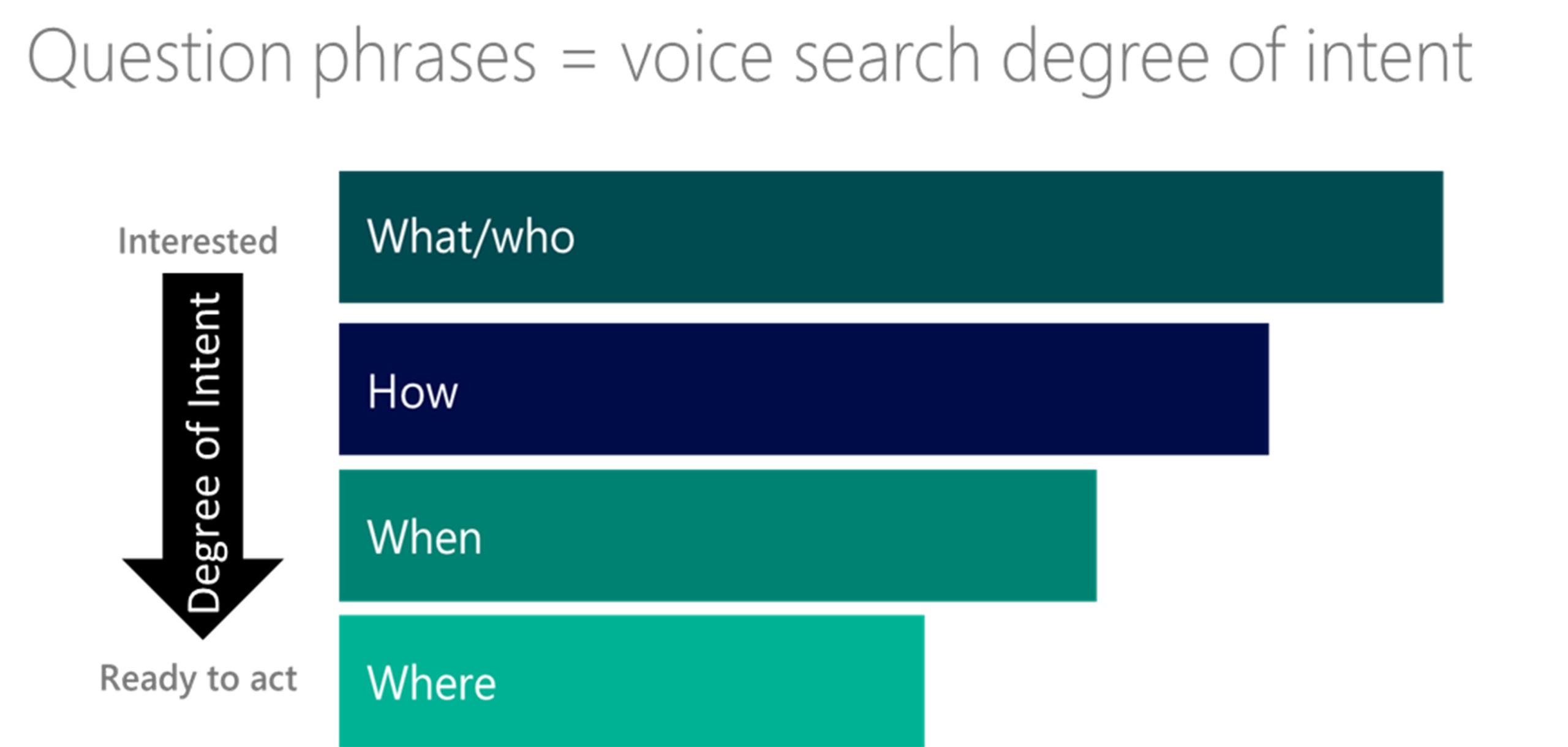SEO Sydney has an exciting announcement: SEO for voice search is now a valuable asset in improving business ranking. While voice search is relatively new it is vastly becoming a popular way for people to search for information online. Through the use of popular voice search assistants including Apple’s Siri, Amazon’s Alexa, Microsoft’s Cortana and Google Voice, people are able to search for information at lightning speeds without having to lift a finger.
According to ComScore, 50% of all searches online will be voice searches by 2020 (Campaignlive). This prediction highlights the need for businesses to focus on optimising specific to voice search.
What makes voice search so different to text?
A search conducted by typing typically uses between one to three keywords. However, a spoken search often contains five or more words. For example, if you were searching on your desktop for a dog groomer in Melbourne you might only type in dog groomer in Melbourne. If you were to search for the same thing using Siri you would probably say “Hey Siri, where can I find a dog groomer in Melbourne?”.
This form of keyword search takes on a more conversational approach to searching and requires online content to mimic the users’ intention whilst providing the right answer faster in order to be recognised by these programs.
How can I optimise my website to improve my visibility to voice search users?
Optimising for voice search means using a unique keyword strategy. Most typed searches typically focus on the use of two to three keywords however, the answers generated this way might not always make sense or appear when searched by voice.
SEO for voice search must focus on the use of typical phrases and take on a more conversational approach. For instance, someone who is searching for a dentist in the area using voice search will typically ask “Where can I find my nearest dental clinic?” over “dental clinics Melbourne”. So if your web page isn’t optimised for this longer style search then more than likely your page will not appear to users.
4 ways to optimise content for voice search:
With voice search usage on the rise, it is important to adapt your marketing strategies to provide answers that are visible to both text and voice search.
Here are four ways you can improve your own marketing strategy to improve your visibility to voice searchers.
1. Focus on long-tail keywords
Voice search makes use of natural language, so it is important to use fluid keywords to increase the likelihood of voice search applications identifying your content.
For example, if your brand is wanting to target people in North Sydney looking for a florist, instead of using the obvious ‘North Sydney florist’ or ‘best florist North Sydney’ you would use ‘where can I buy flowers in North Sydney’ or ‘where are the best florists in North Sydney’.
2. Use the autocomplete feature on Google to improve user insight
Autocomplete is a feature on google that predicts the rest of a word or phrase a user might be searching for. Using this feature can provide valuable insight into the search habits of users and narrow down the most popular questions asked in relation to your brand.
3. Create content using a conversational voice
The way we speak is infinitely different to the way we type. Focus on creating content in a more conversational way, building context relating to answering questions.
It is also important to note the location of where this content is placed. Place content that answers key phrases in a spot where search engines can easily find it i.e. in the first few sentences.
4. Optimise your web page with location-specific keywords
Research has identified that voice searches are three times more likely to be location-specific (Searchenginewatch). This means that businesses must ensure their specific location or intended target location is highlighted on their web page using location-specific keywords for example “best cafe in Fitzroy” or “new vegan cafe in Fitzroy”.
Incorporating location-specific keywords will increase the likelihood of being identified by voice search applications.
To optimise your page for location-specific searches you should:
- Make sure that sites including Google, Yelp and Bing have up to date contact information on your business.
- Add Schema Markup to your web page
- Increase local citations on local directory web pages.
It is clear that voice search optimisation will play a crucial part in improving future SEO rankings. So don’t get left behind and start working towards a marketing strategy that includes a key focus on voice search optimisation. If you would like help to do so, check out SEO Sydney – the experts in all things SEO today!




